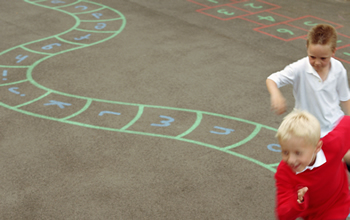 What do we really know about K-12 assessments? How can educators separate fact from fiction in the midst of heated public discussion about testing? And, perhaps most importantly, what resources and professional development opportunities do teachers need to use assessment results effectively in the classroom?
What do we really know about K-12 assessments? How can educators separate fact from fiction in the midst of heated public discussion about testing? And, perhaps most importantly, what resources and professional development opportunities do teachers need to use assessment results effectively in the classroom?
A recent essay in Education Week (Debunking Three Assessment Myths) explores common misperceptions of K-12 assessments and suggest paths for teachers looking to maximize student learning and engagement in a test-heavy context. Authors Sherah Betts Carr & Anaya Bryson rightly encourage educators to focus on individual student learning and growth above any single measure of achievement. “We suggest that teachers…let go of the test score and focus on student growth instead. In other words, they should ask themselves how their classroom instruction contributed to the students’ success (or lack thereof),” they write.
Focusing on student growth—and, as Betts Carr and Bryson also suggest, using assessment information to consider improvements in teacher practice— is essential if we want to use assessments to ensure every student’s needs are addressed in the classroom.
But we need to do more to support teachers in this environment. In particular, we need to make sure that in-service and pre-service teachers get the resources and high-quality training in assessment literacy that they need to make the most effective use of assessments and the resulting data. In our recent survey (Make Assessment Matter: Students and Educators Want Tests that Support Learning), we learned that only 60 percent of teachers are getting trained to use assessment results in their teaching. And of those teachers, only 53 percent of teachers feel extremely or very prepared as a result of training.
A robust assessment literacy program—grounding teachers in the purposes and best practices for the major types of assessment—is essential to helping educators use data as part of a student-driven teaching and learning cycle. Otherwise, we risk leaving teachers stranded and squandering the opportunity we have to personalize instruction for every student.